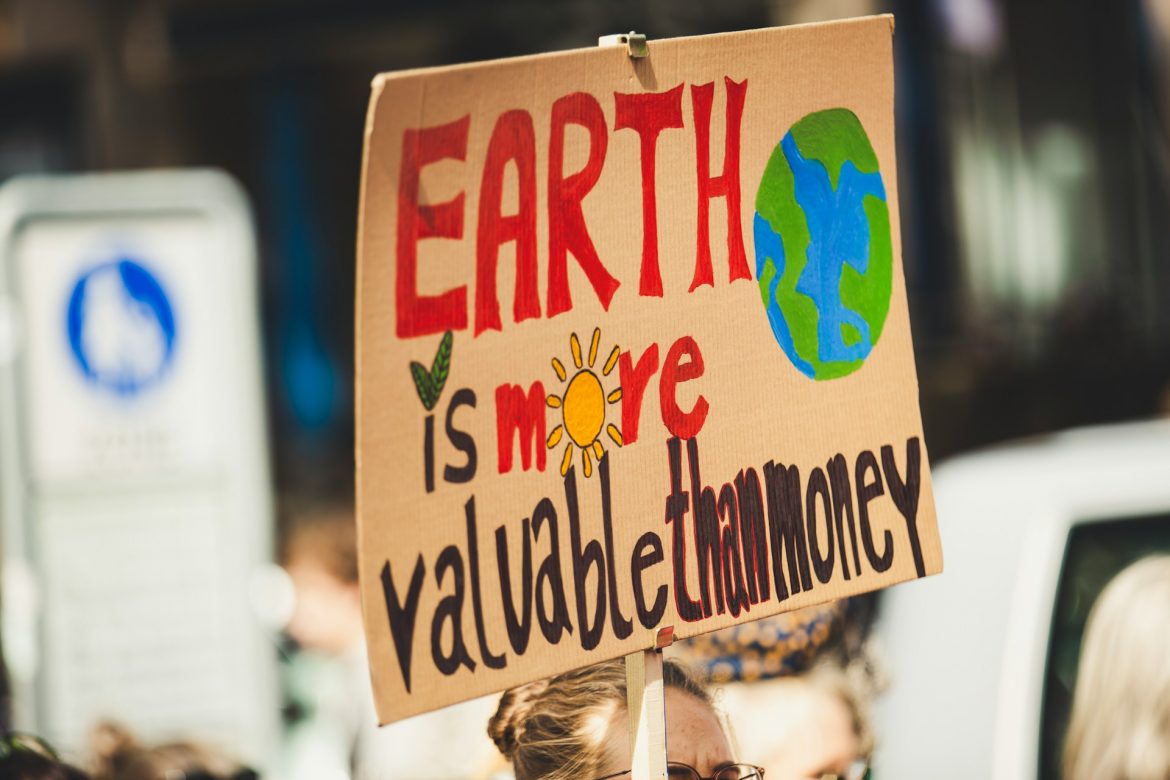In the evolving landscape of global politics, a significant and transformative wave is reshaping the contours of civic engagement and political discourse: the rise of youth political engagement. This blog delves into the catalysts fueling this surge, the unique contributions of young activists to the political realm, and the implications of this shift for the future of democracies worldwide.
Igniting the Flame: Drivers of Youth Political Engagement
The burgeoning involvement of young people in political matters is not a spontaneous phenomenon but the culmination of various factors that have stirred the younger generation to action.
- Digital Connectivity: The digital revolution has democratized information access, enabling young people to stay informed, mobilize, and express their views on a global scale. Social media platforms have become powerful tools for awareness, advocacy, and organization.
- Educational Advancements: Increased access to education has equipped the youth with critical thinking skills and a better understanding of their rights and responsibilities, fostering a more politically aware and active generation.
- Global Challenges: Pressing global issues such as climate change, inequality, and human rights have resonated deeply with the younger generation, compelling them to seek change and demand action from political leaders.
- Disillusionment with Traditional Politics: Many young people feel disenfranchised by traditional political structures and parties, which they often perceive as out of touch with their needs and concerns. This disillusionment has spurred a desire for more direct and impactful forms of participation.
The Youth Quake: How Young Activists Are Shaping Politics
Young activists are not just participating in politics; they are redefining it. Their approaches to engagement and activism reflect innovative strategies and priorities that contrast with conventional political practices.
- Innovative Activism: Leveraging digital platforms, young activists have pioneered new forms of political expression and mobilization, from viral campaigns to digital protests, extending their reach and impact.
- Issue-Based Politics: Unlike traditional party politics, youth activism is often centered around specific issues such as climate action, social justice, and mental health. This focus on concrete problems and solutions appeals to a broader spectrum of young people.
- Inclusivity and Diversity: Young political activists emphasize inclusivity, representing a wide range of voices and backgrounds. This diversity enriches the political dialogue and ensures that a broader array of perspectives is considered in policy discussions.
- Global Solidarity: The youth movement transcends national boundaries, fostering a sense of global solidarity. Young activists collaborate across borders, sharing strategies and supporting each other’s causes, amplifying their collective voice.
Challenges and Resistance: Navigating the Political Terrain
While the rise of youth political engagement is promising, young activists face significant challenges and resistance. Traditional political institutions may be slow to adapt to new forms of engagement, and young voices are often marginalized or dismissed in political discourse. Additionally, the digital realm, while a powerful tool for mobilization, also exposes young activists to risks such as misinformation, online harassment, and surveillance.
The Road Ahead: Implications for Democracies
The increasing involvement of young people in politics holds profound implications for the future of democracies around the world.
- Renewed Democratic Vitality: The energy and innovation that young people bring to politics can revitalize democratic institutions and processes, making them more responsive, dynamic, and inclusive.
- Policy Shifts: As young activists influence political agendas, we may see a shift toward policies that prioritize long-term sustainability, equity, and social justice, reflecting the concerns and values of the younger generation.
- Political Education and Engagement: The rise of youth activism underscores the importance of political education and engagement from an early age, fostering a well-informed and active citizenry equipped to navigate and shape the political landscape.
- Leadership Transformation: Over time, today’s young activists may become tomorrow’s political leaders, bringing their values, perspectives, and innovative approaches into formal political roles and institutions.
Conclusion: A Call to Action for All Generations
The rise of youth political engagement marks a pivotal moment in the annals of global politics, signaling a shift toward more inclusive, dynamic, and issue-focused political discourse. The courage, creativity, and commitment of young activists not only challenge the status quo but also offer a vision of what politics can be: a truly democratic process that values every voice and harnesses the collective power of diverse individuals to address the pressing challenges of our time.
This era of heightened youth engagement is a call to action for all generations to listen, collaborate, and support the transformative potential of young people to shape a more just, sustainable, and vibrant political future. As we stand at this crossroads, the collective choice to empower and include the younger generation in political processes will determine the trajectory of democracies in the 21st century and beyond.

